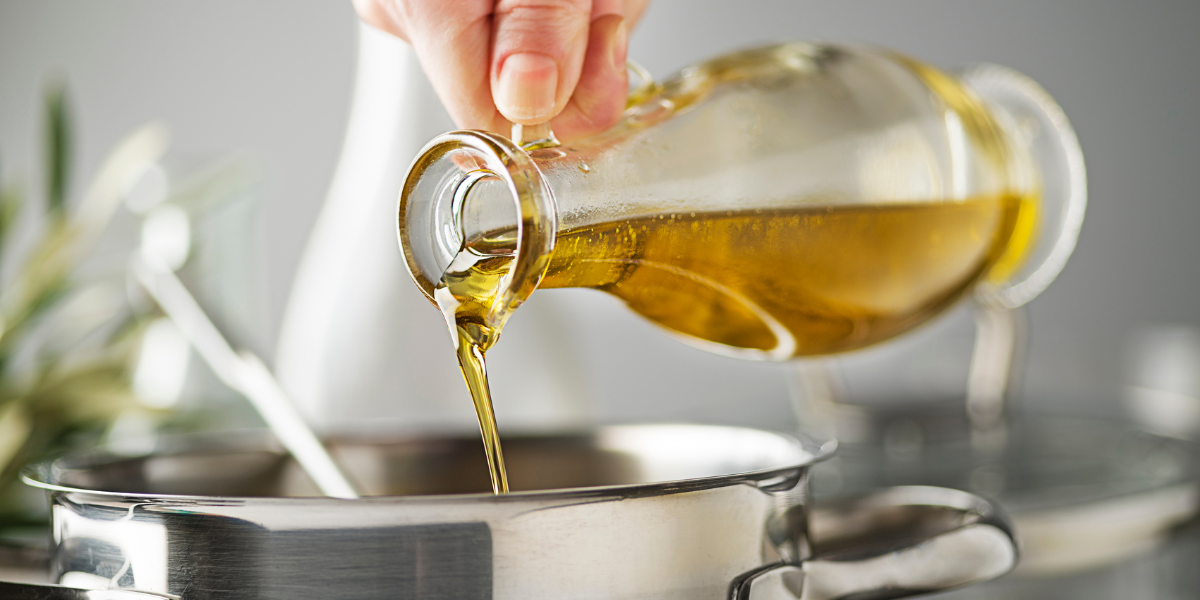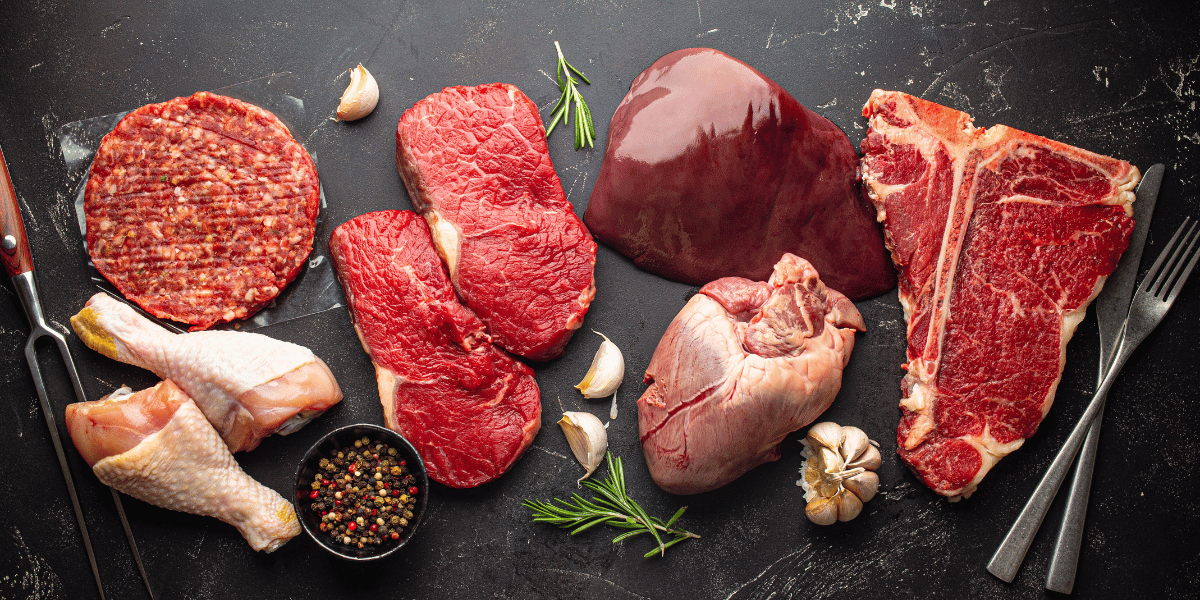The Link Between Eggs and Hair Loss: Separating Fact from Fiction
Hair loss is a common concern that affects millions of people. While aging and stress are well-known culprits, emerging conversations in the health...
.png?width=70&height=70&name=Stark_LogoMark%20(1).png)

If you've ever wondered what makes picual oil special or how it compares to olive oil, you're in the right place. Picual oil is a hidden gem in the world of healthy cooking and wellness. Below, we'll dive into what picual oil is, how it’s made, how it differs from olive oil, and why it deserves a spot in your kitchen.
Picual oil is derived from the seeds of the picual olive tree, a variety primarily grown in Spain. Unlike traditional olive oil, which is made by pressing the fruit, picual oil is extracted from the seeds, giving it a unique composition and flavor.
While picual oil and olive oil share some similarities, they differ in production, flavor, and nutritional benefits.
Picual oil stands out for its:
Incorporating picual oil into your diet can provide numerous health advantages, including benefits for fat loss, metabolism, muscle health, and gut health.
Picual oil’s mild flavor and high smoke point make it incredibly versatile in the kitchen.
Picual oil offers a unique combination of mild flavor, versatility, and superior health benefits. Compared to traditional olive oil, it provides:
Whether you're a health-conscious foodie or looking to diversify your cooking oils, picual oil is an excellent choice. Its unique nutritional profile and culinary versatility make it a valuable addition to any pantry.
By embracing picual oil, you're not only enriching your meals but also reaping the health benefits of this lesser-known gem. From supporting fat loss and metabolism to promoting muscle recovery and gut health, picual oil is a powerhouse for wellness. Give it a try and experience the difference!
 At Stark Health, we are committed to empowering individuals to live healthier lives through evidence-based insights, innovative solutions, and personalized care. Our mission is to bridge the gap between science and everyday wellness, making complex health concepts accessible and actionable for everyone.
At Stark Health, we are committed to empowering individuals to live healthier lives through evidence-based insights, innovative solutions, and personalized care. Our mission is to bridge the gap between science and everyday wellness, making complex health concepts accessible and actionable for everyone.
We specialize in cutting-edge health information, tailored wellness strategies, and expert guidance to help you optimize your body and mind. From nutrition and fitness to preventative care, our team of professionals is here to support you at every step of your health journey.
Whether you're striving to enhance your fitness, improve your overall well-being, or stay informed about the latest advancements in healthcare, Stark Health is your trusted partner in achieving sustainable results. Let’s transform health—together.

Hair loss is a common concern that affects millions of people. While aging and stress are well-known culprits, emerging conversations in the health...

Protein is an essential nutrient that supports the body by building and repairing tissues, producing enzymes and hormones, and maintaining immune...

At Stark, we believe that true health encompasses far more than just physical fitness. It's about achieving a harmonious balance across all aspects...